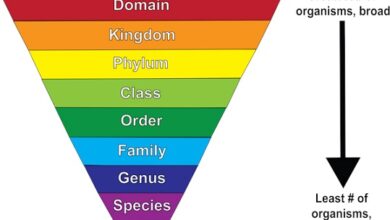What is Semantics definition/concept
The word semantics, within linguistic theory , refers to the interpretation of linguistic signs and their combinations.
It has its origin in the Greek semantikos and can be translated as “what has meaning”, therefore, it is possible to understand semantics as the science that studies the meaning of words.
Denotation and Connotation
Semantics can be divided into two large blocks: denotation and connotation.
Denotation is the most commonly accepted expression of a word and is usually found in dictionaries or encyclopedias. While the connotation is strongly influenced by regionalisms and inadequate uses. It is a secondary way of using a word.
An example of this would be the term donkey which denotes a horse, but which connotatively refers to a dizzy person .
semantic field
Derived from semantics, we find the semantic field, which encompasses a set of words related to a meaning, sharing a series of common characteristics. An example would be the group of words formed by wall, wall, wall and fence.
A very interesting aspect of semantic fields is that each language sees reality differently, so the characteristic features that group words into semantic fields vary from one language to another. Sometimes, grouping words into semantic fields has more to do with extralinguistic and historical factors than with semantics itself. A practical example of this fact is that in many Eskimo languages a multitude of terms can be found to refer to what in many other languages is known simply as snow.
Formally, semantic fields can have different structures, either a set of lexical forms with a defined meaning or through semantic relations.
From all this, we can deduce that a word can be part of several semantic fields without any problem.
The logical semantics
This branch of semantics is responsible for the study of logical problems of meaning, based on the interpretation of signs, variables, predicates and rules. That is why the field of mathematical sciences is of special interest, since logical mathematics allows the establishment of structural relationships between various elements that interrelate to each other, such as sets.



